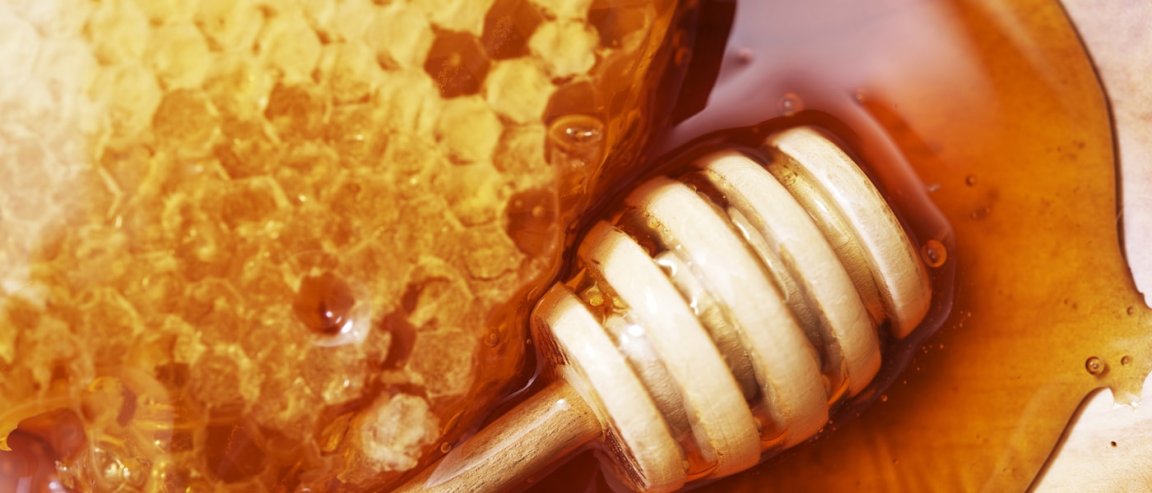
A Sweet Solution
In September of last year, the United Nations General Assembly officially classified antibiotic resistance as a global health crisis. The rapid evolution of antibiotic-resistant microbes is now on the same threat level as health concerns like the spread of HIV. Under this increased scrutiny we’ve seen a resurgence of interest in an incredible, all-natural germ fighting option.
A distinct variety of manuka honey out of New Zealand has exhibited antibacterial properties that bacteria don’t become resistant to. This type of honey is made from the nectar of the flowering manuka (Leptospermum) tree, and it is effective against superbugs, such as golden staph, that are already resistant to available antibiotics. “Honey not only kills bacteria on contact, but we have shown previously that bacteria don’t become resistant to honey,” says Prof. Liz Harry from the University of Technology Sydney.
While the medicinal honey business has typically centered on the New Zealand variety of manuka honey, Harry and her colleagues have shown in a recent study published in the journal PLoS One that Australian manuka honey contains the same chemical that results in these antibacterial properties: methylglyoxal (MGO). Their research also reveals that even after years of storage, these properties remained effective. According to the study’s lead author, Dr. Nural Cokcetin, of the ithree institute at UTS, “These findings put Australian manuka honey on the international radar at a time when antibiotic resistance is recognized as a global crisis.”

A New (Bee)Line of Defense
Australian honey production is set to get a major boost from these findings. The scope of New Zealand honey production is limited by a variety of factors, including the parasitic varroa mite’s destructive impact on worldwide honeybee populations. The parasite has yet to make its way into Australian bee populations.
Additionally, New Zealand only has one species of the Leptospermum genus, while Australia is home to nearly all of the known species. According to Harry, “That the manuka varieties in Australia are just as active as those in New Zealand, and have essentially the same chemical profile, will add significant value to Australian honey for beekeepers and provide a plentiful supply of medicinal honey.”
Such news is welcome during a period in the history of our planet that looks particularly dire for bee populations. Climate change, pesticide use, and parasites are drastically altering honeybee populations across the globe. In a national survey of honeybee colonies in the United States, the varroa mite was “the number one stressor” for bee farms in the country.
The discovery of honey as a useful tool in battling the proliferation of superbugs closely entwines antibiotic resistance with climate change — the continued decline of bee populations due to climate change could cause us to lose a powerful natural weapon in the fight against current and future superbugs.